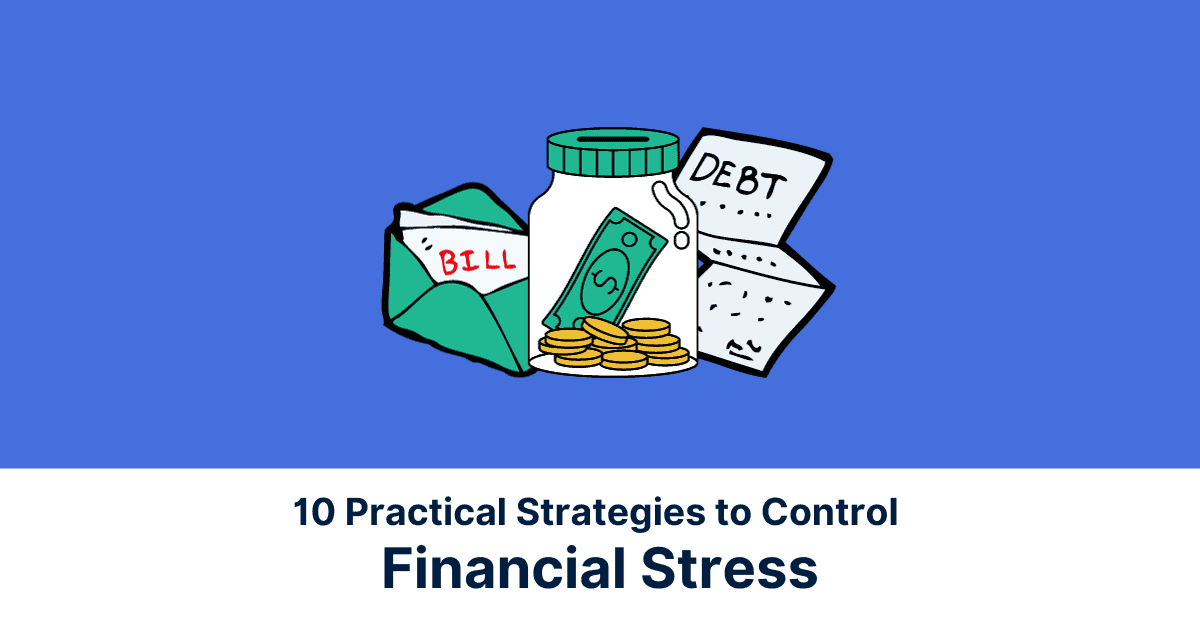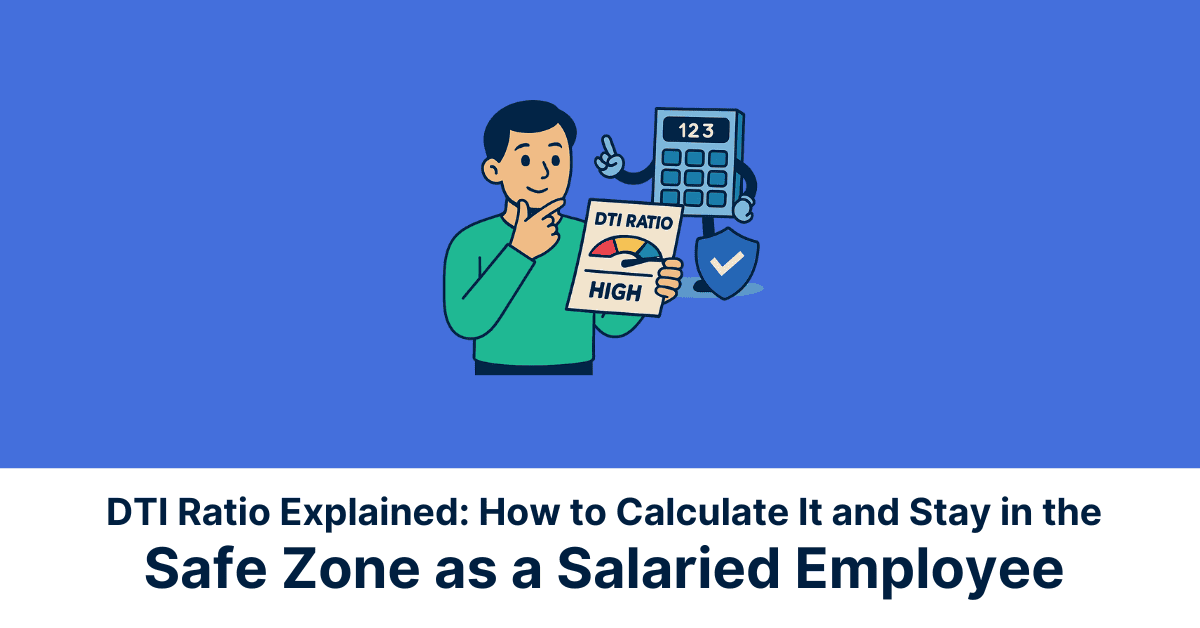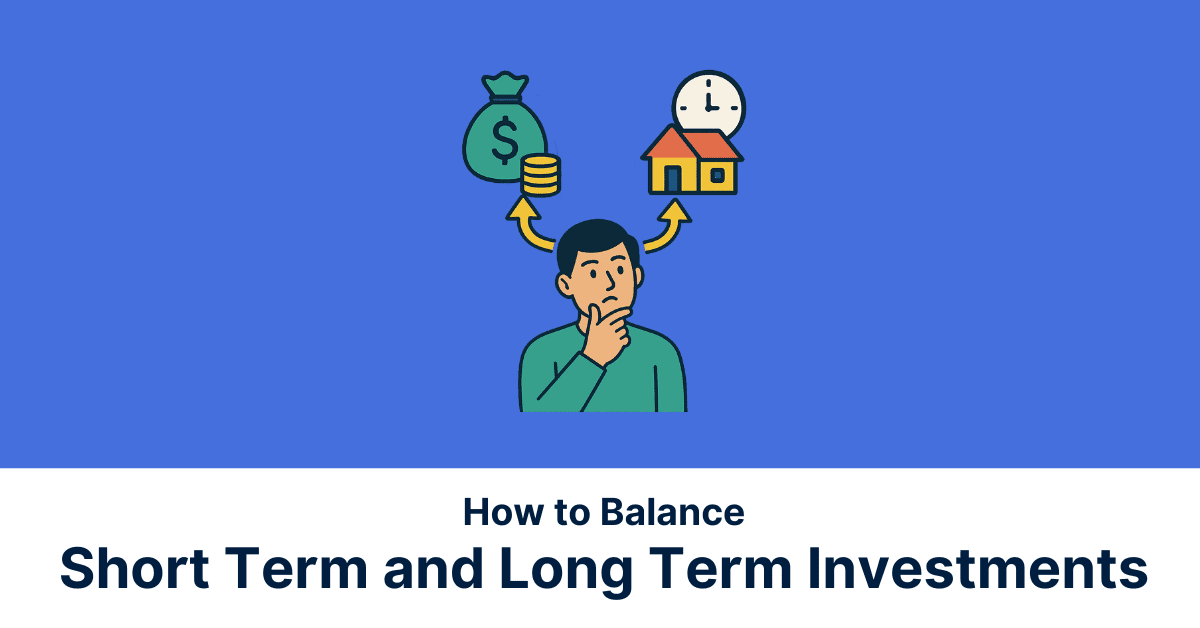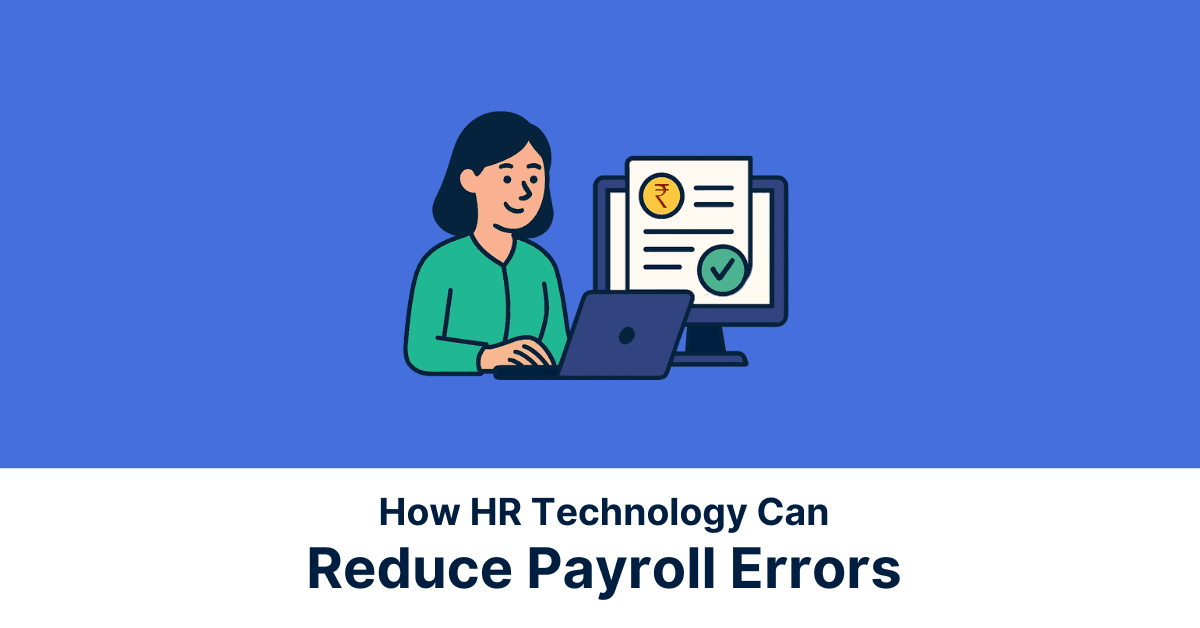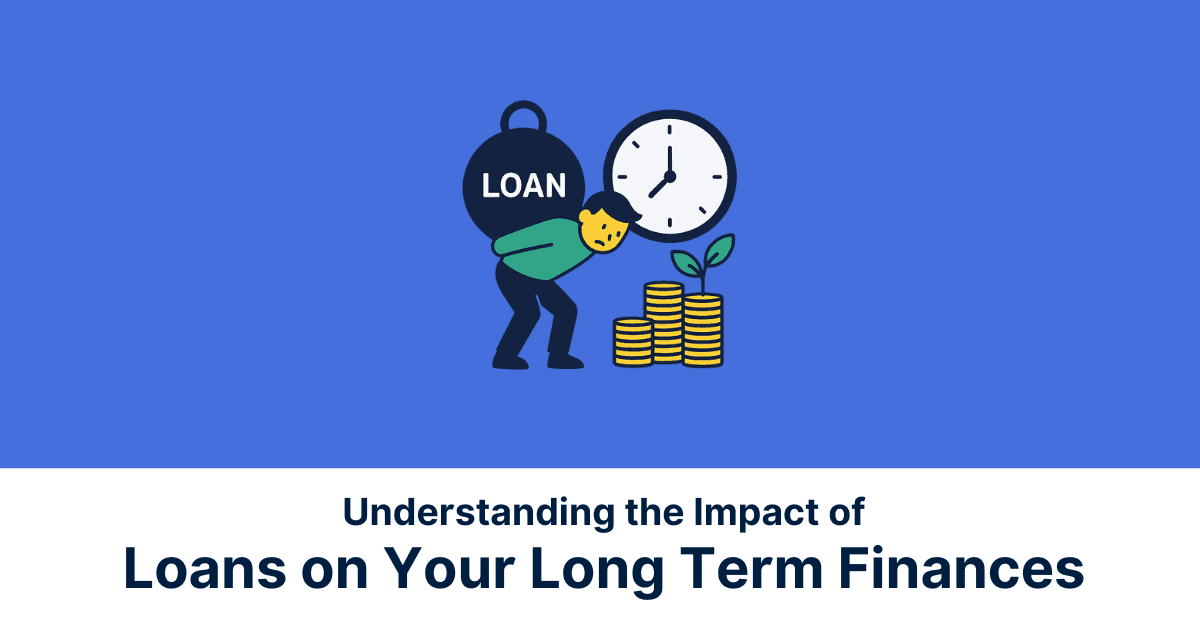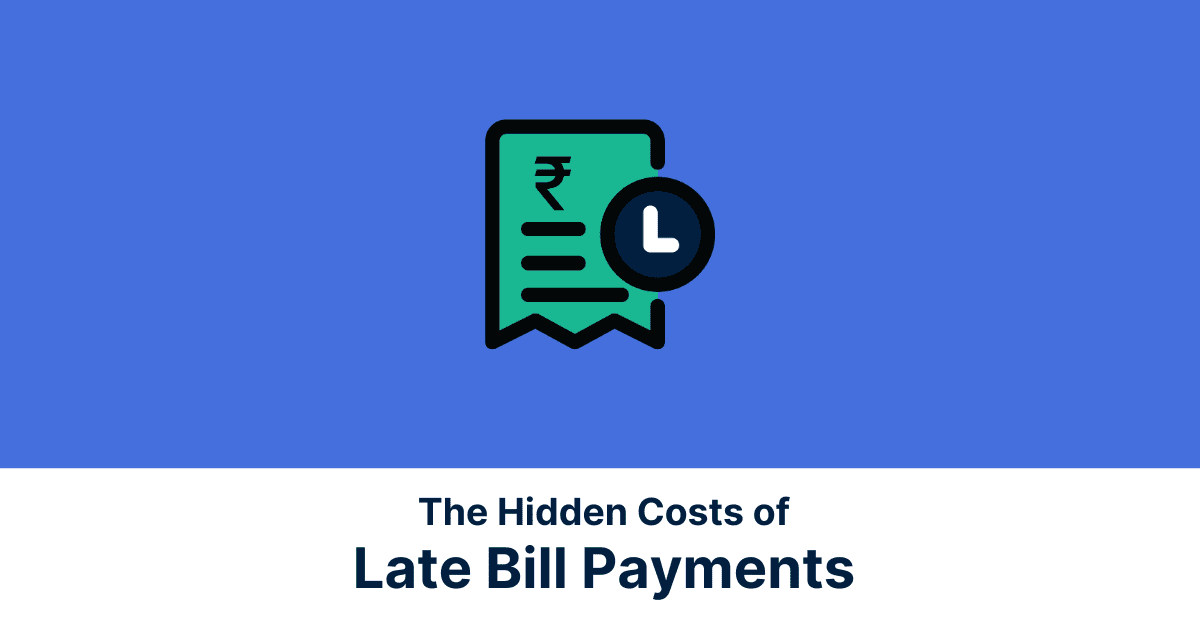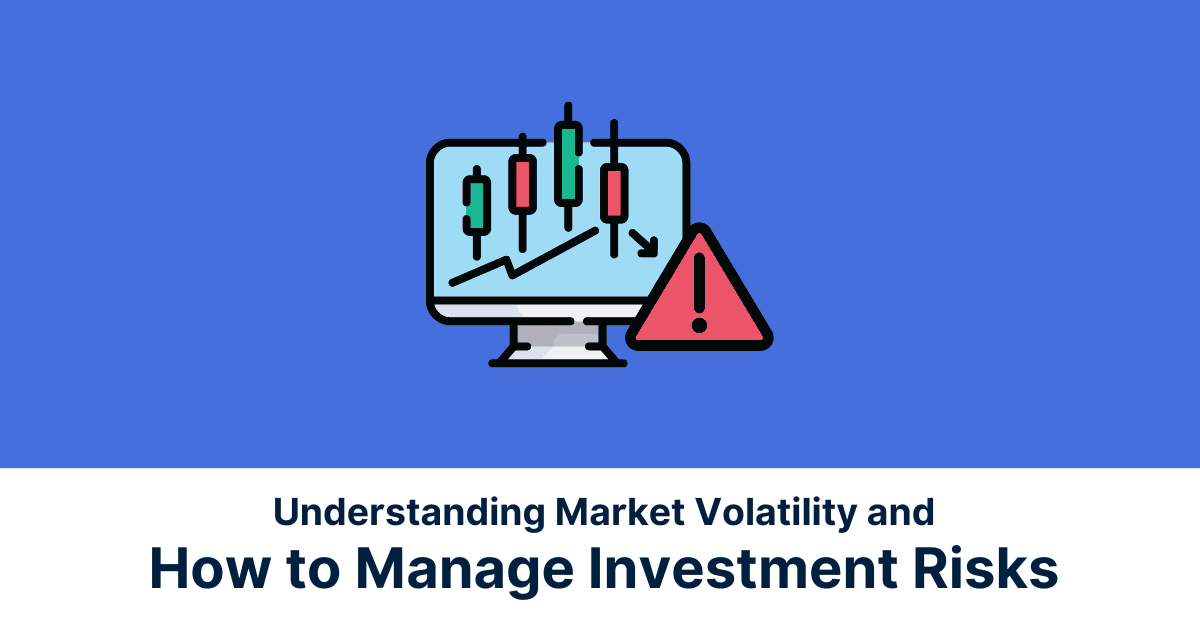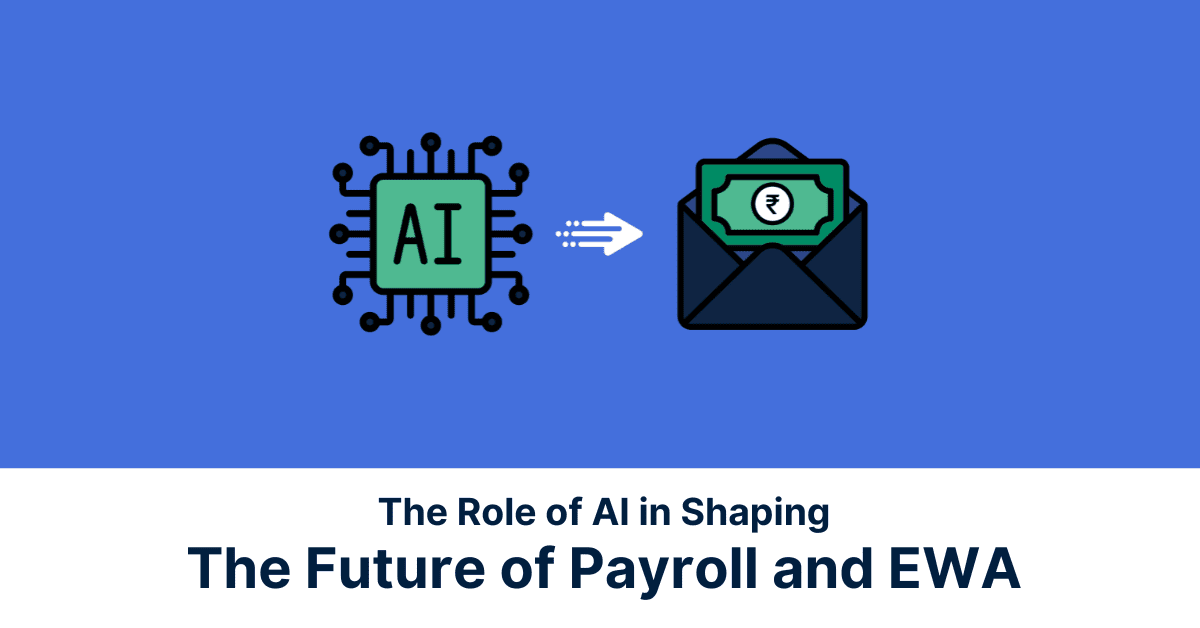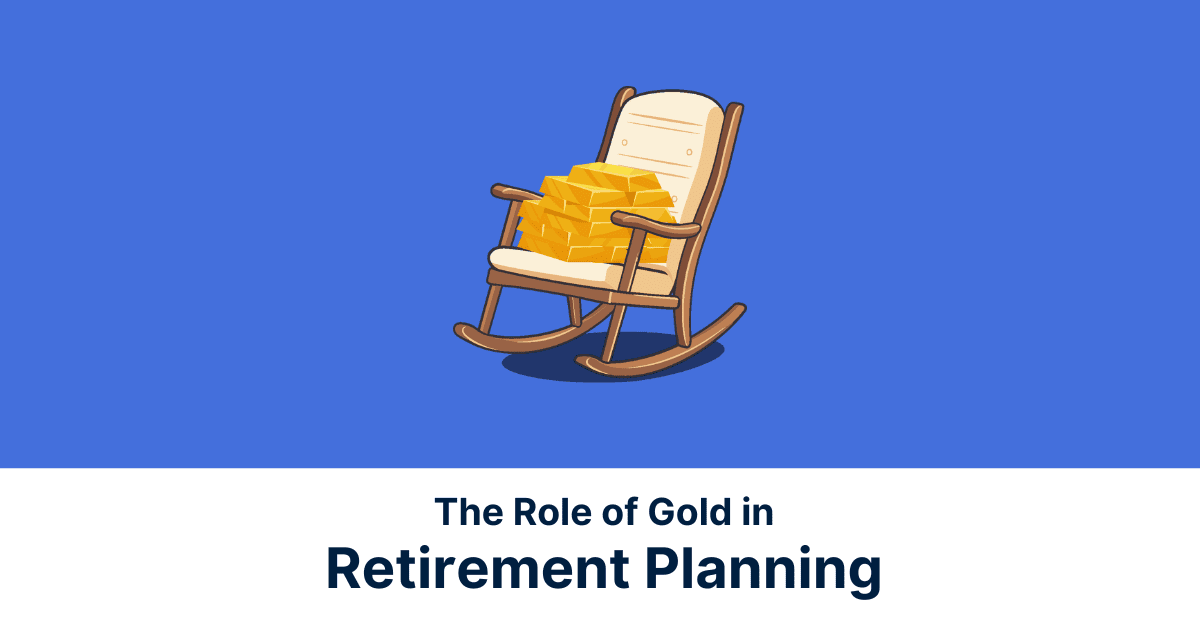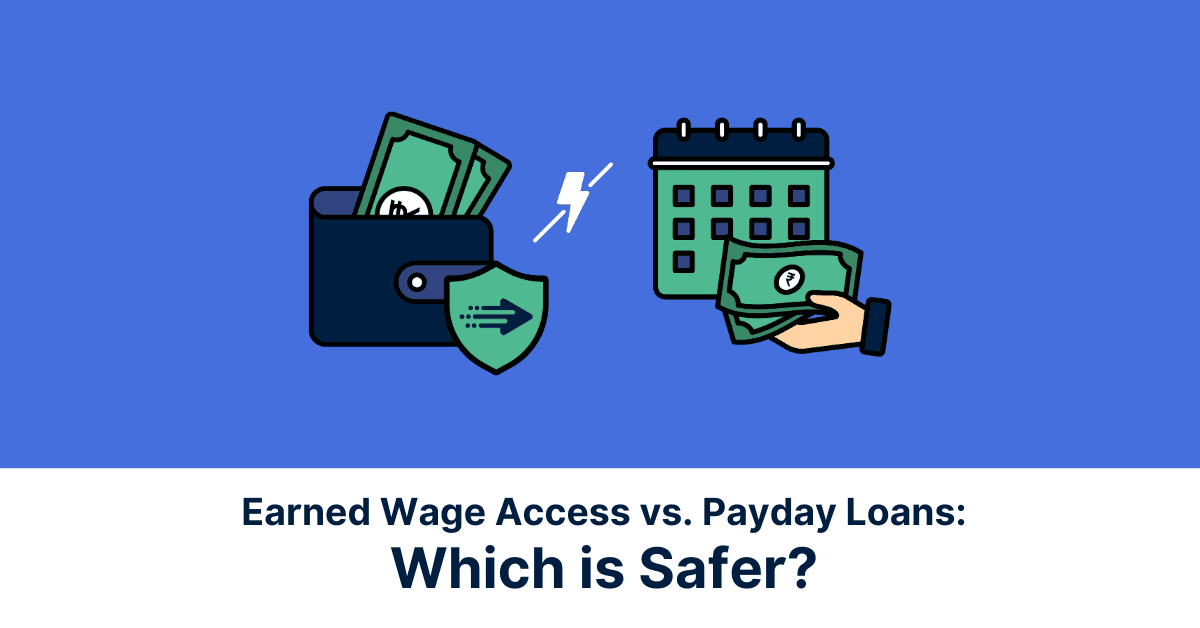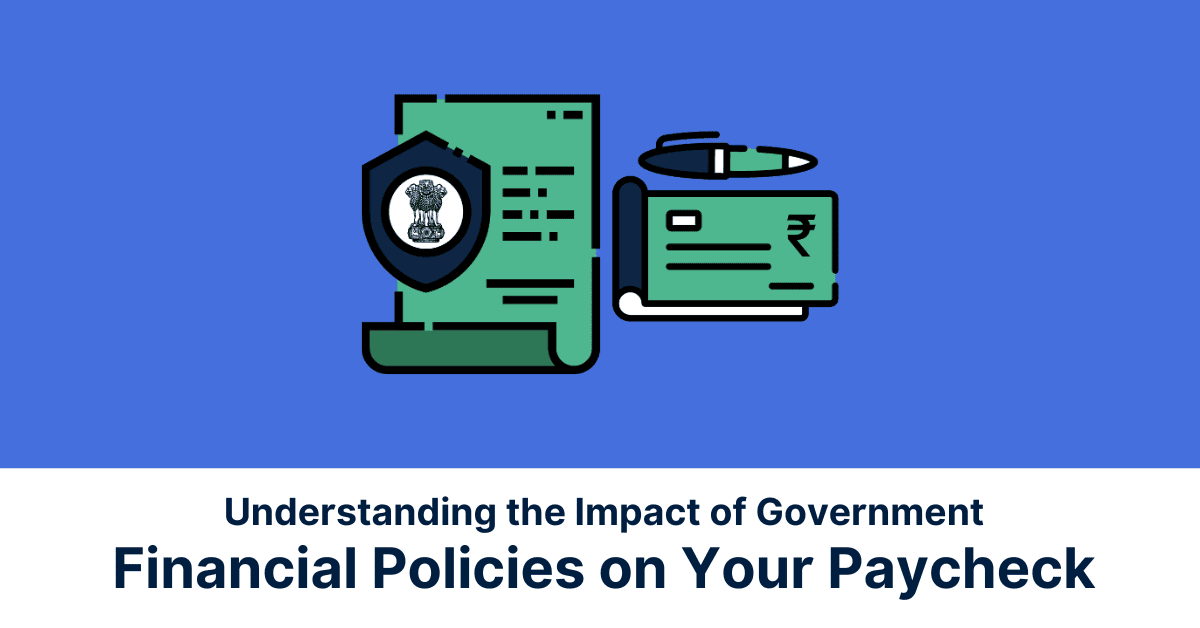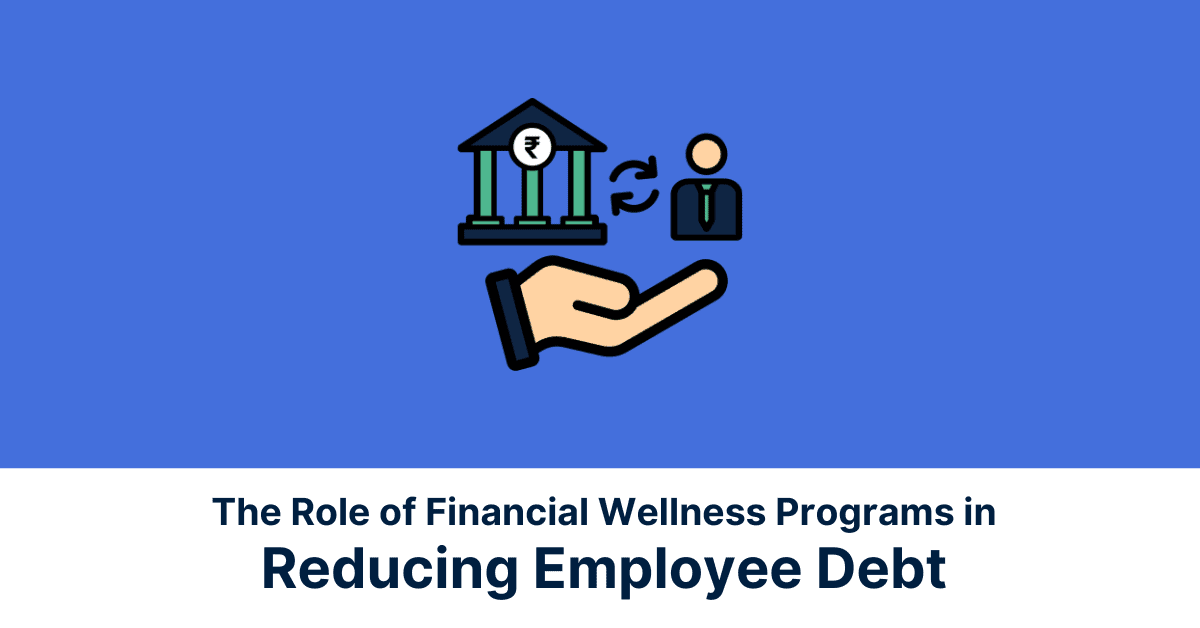At some point in our lives, we’ve all experienced the weight of financial stress. Navigating through this stress can seem like an overwhelming challenge, especially when the starting point is unclear.
For many, money becomes the primary source of stress, manifesting in various ways such as anxiety, depression, behavioural shifts like withdrawing from social activities, or physical symptoms like stomach aches or headaches.
Although these situations can be seemingly bleak, there’s always a way out. By acquiring the skills to effectively manage your financial situation, you can alleviate stress and regain control over both your finances and your life.
If you find yourself grappling with financial concerns, take a moment to read the article to understand how to control financial stress.
What causes financial stress?
Some factors that cause financial stress include:
1. Lack of savings: Without a financial safety net, minor setbacks induce stress. Inadequate savings make individuals vulnerable to unexpected expenses, leading to debt.
2. Job loss: Losing a job disrupts income, causing financial uncertainty. The sudden loss of earnings can make it difficult to make ends meet, leading to missed rent payments and leads to constant worry.
3. Insufficient income: When income falls short of expenses, people face a constant struggle to make ends meet. Underemployment, low-paying jobs, or unemployment contribute to financial squeeze and tough choices.
4. Poor financial planning: Lack of proper planning leads to impulsive spending and overspending. Without understanding financial situations, managing finances becomes difficult, resulting in increased debt.
5. Economic factors: Economic slumps, and inflation impact financial well-being. Job losses and rising living costs strain budgets, causing financial stress and uncertainty.
6. Family responsibilities: The financial burden of supporting a family can be a significant source of stress. Expenses related to childcare, education, and healthcare strain budgets, making it challenging to save or plan for the future.
7. Unforeseen expenses: Unexpected expenses, such as medical bills or home repairs, can disrupt savings and budgets. The uncertainty of when and how these expenses will arise can contribute to anxiety and worry about the future.
10 indicators of financial stress
Financial stress can manifest in various ways, affecting one’s financial behaviours, emotional well-being, and overall quality of life. Recognising these signs of financial stress is the first step toward taking proactive measures to restore financial well-being and improve the overall quality of life.
Here are some common indicators of financial stress:
- Difficulty in meeting essential expenses
- Debt accumulation
- Late payments or overdue bills
- Overspending/impulsive buying
- Changes in mood or behaviour
- Social isolation
- Health issues
- Avoiding financial discussions
- Personal needs neglected
- Poor sleep
How financial stress can affect your health
You’ve probably noticed a hit to your back pocket as a result of rising cost of living pressures over the last few months. If you feel like your dollar is not going as far as before, you’re not imagining it – expensive groceries and higher interest rates are only a few of the things putting pressure on our financial (and personal) health.
You might have observed a financial strain in recent months due to the increased cost of living. If you feel that your money isn’t stretching as far as it used to, you’re not making this up in your mind, sky rocketing grocery costs and higher interest rates are among the factors impacting both our financial and personal well-being.
Financial stress can have a significant impact on your health, both physically and mentally. Here are some of the ways that financial stress can affect your health:
Financial stress and Mental Health
- Anxiety and depression: Financial stress is a major risk factor for anxiety and depression.
- Stress hormones: Cortisol is a hormone that gets released while feeling stress
- Poor sleep: When you are stressed, it can be difficult to fall asleep and stay asleep. This can lead to fatigue, irritability, and difficulty in focusing.
- Social isolation: Financial stress can lead to social withdrawal, making it hard to sustain relationships.
Financial stress and Physical Health
- Headaches: Stress can trigger headaches, especially tension headaches.
- Stomachaches: Stomachaches, nausea, and vomiting can be triggered by stress
- Changes in appetite: Stress can manifest in contrasting ways, resulting in either weight loss or weight gain.
- Weakened immune system: Chronic stress reduces our body’s ability to fight against ailments, thereby leading to a weakened immune system.
10 practical ways to control financial stress
Having discussed the indicators of stress, let’s understand ways on how to control financial stress.The positive news is that by charting a clear plan to enhance both your financial and mental well-being, your coping strategies for financial stress can not only help you cope but also flourish.
Here are a few tips to reduce your financial stress:
Create a budget
Chart out a plan outlining your income, expenses, and savings to gain control over your finances. A budget serves as a roadmap for planning income, expenses, and potential savings. This strategic plan provides a clear overview, empowering individuals to make informed financial decisions and identify areas for improvement.
Identify areas where you can save
Start by gathering all your financial statements, including bank statements, credit card bills, and receipts. Categorise your expenses into essential and non-essential categories.
Essential expenses are those that you need to survive, such as housing, food, transportation, and utilities. Non-essential expenses are those that you can live without, such as dining out, entertainment, and subscription services.
Review your bank statement
Regularly assess your bank statements to track spending patterns and identify areas for improvement. Collect your bank statements for the past three to six months. This will provide a detailed overview of your spending habits over a reasonable period.
Build an emergency fund
Create a financial safety net to cover unexpected expenses and reduce the impact of unforeseen expenses. Assess your current expenses and estimate the amount you need to cover essential costs for a specific period, typically three to six months. This will provide a baseline for your emergency fund goal.
Prioritise debt repayment
Debt can be a significant source of financial stress. Develop a debt repayment plan that prioritises high-interest debt, such as credit cards, and consider.
Seek help and open up
Share your financial concerns with trusted people or seek professional help to relieve the burden of financial stress. Bottling up your financial worries can intensify stress and make it difficult to find solutions. Share your concerns with trusted friends, family members, or partners. They may offer emotional support, practical advice, or even financial assistance.
Keep learning
Money stress usually derives from either a lack of income or debt or some combination thereof. Understanding how to better manage money, how to shop smarter, how to use credit wisely, and how to build your savings – can help you feel more in control of your finances.
Track cash inflow and outflow
Tracking your cash inflow and outflow provides a clear picture of your financial situation, allowing you to understand where your money is coming from and where it’s going. This knowledge is crucial for making informed financial decisions, setting realistic goals, and identifying areas for improvement.
Allot time for self-care
Dedicate time to self-care activities, such as exercise and relaxation, to enhance your overall well-being amid financial challenges.
Engaging in regular physical activity can significantly improve your mood, reduce stress hormones, and boost your overall energy levels. Exercise releases endorphins, which have mood-enhancing and stress-reducing effects. Aim for at least 30 minutes of moderate-intensity exercise most days of the week.
Cut unnecessary expenses
Trim non-essential costs from your budget to redirect your money toward essential needs and financial goals. Also, adopt frugal habits to save money on everyday expenses. Consider buying secondhand items, repairing instead of replacing, and utilising free resources whenever possible.
Conclusion
The key to dealing with financial stress often lies in addressing its root cause. Take the time to understand the fundamental issue at hand. If credit card debt is the concern, try to understand the reasons behind it.
Understand the motivating factors that drive those spending habits that surpass your financial capacity; these factors often have underlying emotions. Try to decode this and proactively modify your behaviour to cultivate a less stressful financial situation.
For those dealing with income-related stress, find ways to increase earnings, such as seeking a raise, exploring higher-paying job opportunities, or considering additional income streams.
If you’re overwhelmed by debt, a debt management plan might offer a solution, streamlining monthly finances and even saving money. When it comes to financial stress management, try to identify an approach that best suits your situation and work towards those objectives. Through ongoing efforts, meaningful progress can be achieved, leading to a more financially secure and stress-free future.
*Disclaimer:
The information contained herein is not intended to be a source of advice concerning the material presented, and the information contained in this article does not constitute investment advice. The ideas presented in the article should not be used without first assessing your financial situation or without consulting a financial professional.
